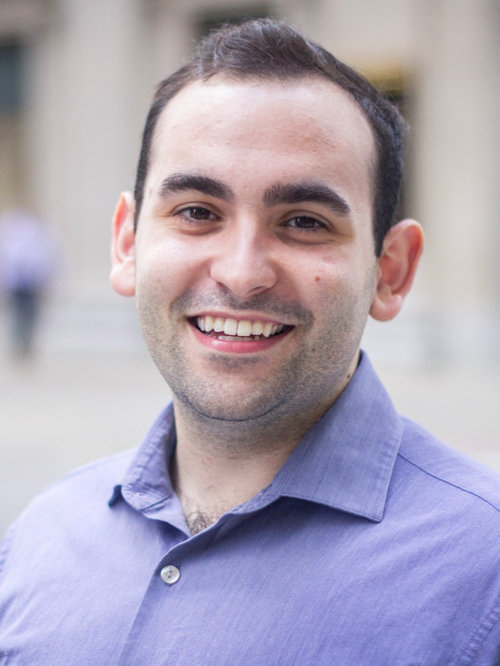Elections 101: Intro to Party Planning
As the newest member of the CTCL team, I’m writing to introduce myself and share a bit of what’s been on my mind in my first few snowy months on the job. Alongside my teammates, I’m looking forward to working with the exceptional election officials in the CTCL network to build tools and trainings that support inclusive and secure elections. Please don’t hesitate to reach out if I can ever be of service, either via email or over on Twitter (@HiThereItsJosh).
Winter in Chicago is a time for getting people together to do something–anything–to make our frigid, windswept lives slightly more comfortable. As the snow thaws here, I think back to two gatherings in particular. I hosted a small party at my apartment over the weekend before serving as a poll worker on Chicago’s municipal Election Day. And these days, despite seeming so different at first blush, these two events are starting to seem more and more alike.
That’s because winter can also be a time for starting new jobs.

Prior to joining the Government Services team at CTCL, I would never have thought of house parties and elections as similar. Now, three months in, I want to shout it from the (still snowy!) rooftops: “party planning” is a great analogy for describing the broad scope, logistical complexity, and resource intensity of elections work.
Let’s start with scope. Unless you’re a professional planner, hosting even a small, informal party can leave you exhausted by the end of the night. Between activities like purchasing supplies, setting up my apartment, and actually enjoying my guests’ company for a few hours, I was wiped out by the end of mine. The dirty dishes were left in the sink for morning.
Yet, a few days later, Chicago officials hosted voting at around 2,000 separate polling locations — all day long. (A typical national election includes over 115,000 different spots, and, like in Chicago, polls are typically open for at least twelve hours!) Throw in early voting centers, open for weeks prior to the election, and the biggest parties pale in comparison to the marathon celebration that is any Election Day and its runup.
To no one’s surprise, elections are also more logistically complicated than getting together with a few choice friends. Otherwise, voting wouldn’t be as inclusive and secure as it is. Consider that voting is conducted:
-
in fully accessible buildings
-
by the largest single-day workforce in American life
-
usually by committee
-
for any and every voter
No one cares if the oodles of tortilla chips have been locked in a secure room in the weeks leading up to a party. Ditto for what language describes them as “the best snack for parties!” on the packaging. Ballots, on the other hand, require a chain of custody and must be offered in a range of languages, depending on where you are in the country. There’s just some extra details to consider when the values of democracy are at stake.
As for resource intensity, though financial pressures may be easing slightly, the challenges facing election officials are well documented. And while I may have been able to squeeze by on a shoestring budget, election officials often struggle with limited dollars and outdated technology. Imagine managing a guest list of, say, half a million people with technology likely acquired in the era of hanging chads.
If my friends forget my address, or what to bring, they can check out the Facebook invite. Election officials, on the other hand, are slammed with pre-Election Day phone calls — lots and lots of calls — because structural challenges make it hard for election officials to publish that info in accessible ways. (Third party groups like CTCL’s own Ballot Information Project are easing the challenge through partnerships with companies like Google and Facebook.) And of course, hosting doesn’t stop once your guests find your house. Local public servants have also had to get creative when it comes to hiring masses of temporary poll workers, who have been shown to play a critical role in the voter experience.
Perhaps I should amend what I first said. While parties and elections are similar, they’re not nearly the same. Elections have always been much harder.
But they are also more rewarding. In Chicago for instance, hundreds of thousands of people showed up in the snow to decide together who should set policies that directly impact our lives. I am grateful they were hosted by determined party planners committed to this central celebration of our shared civic life. They made it happen, as they pretty much always do around the country. There were even party favors.
Josh is a Senior Associate on the Center for Technology and Civic Life’s Government Services Team. You can find him volunteering at his local polling place, planning his next house party, or keeping the party going on Twitter (@HiThereItsJosh).